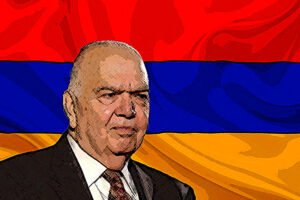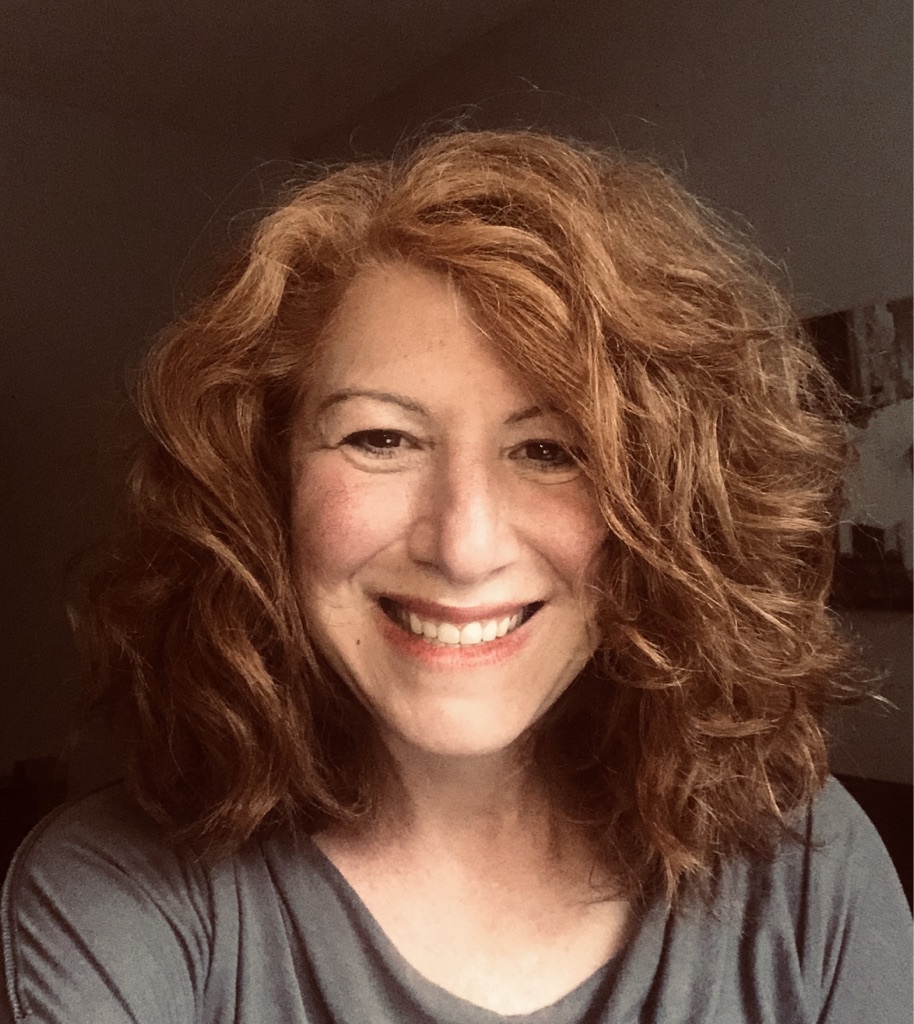 In academia, there are individuals who leave an unforgettable mark on their field, shaping it in profound ways that endure long after their passing. Dr. Richard G. Hovannisian, the Father of Armenian Studies, was undeniably one of those luminaries. As we reflect on his invaluable contributions, we remember that his influence extends far beyond the boundaries of academia; he was a mentor, an inspiration and a guiding force for all who ventured into the realm of teaching Armenian history.
In academia, there are individuals who leave an unforgettable mark on their field, shaping it in profound ways that endure long after their passing. Dr. Richard G. Hovannisian, the Father of Armenian Studies, was undeniably one of those luminaries. As we reflect on his invaluable contributions, we remember that his influence extends far beyond the boundaries of academia; he was a mentor, an inspiration and a guiding force for all who ventured into the realm of teaching Armenian history.
Dr. Hovannisian’s dedication to scholarship was evident in his extensive body of work. His writing and compilation of books formed the very foundation of what we study today. Through meticulous research and an unwavering commitment to uncovering the truth, he unearthed and preserved the hidden chapters of our history. By doing so, he bestowed upon us a rich canon of materials that have deeply enriched our understanding of our past.
However, Dr. Hovannisian’s contributions were not confined to research alone. He recognized the importance of fostering a community of scholars and learners. He organized conferences that provided us with opportunities to come together, share our knowledge, and learn from one another. These gatherings not only expanded our understanding of buried histories but also forged strong bonds between us. The relationships formed because of Dr. Hovannisian became the networks that propelled our work forward, enabling us to continue to expand and elevate the field of Armenian Studies.
Beyond his scholarly achievements, Dr. Hovannisian embodied the qualities of a true mentor and father figure. He was always there to guide and support us, offering his expertise, wisdom and encouragement. His presence provided reassurance that we were not alone on this journey of teaching Armenian history. From the early days of my career, I could always count on Dr. Hovannisian to speak at the workshops I helped run in the Los Angeles area and beyond. He believed in the importance of “showing up,” which was exemplified in his commitment to engaging with secondary level teachers. Whenever a workshop was held, we knew we could count on Dr. Hovannisian to address the teachers, delivering lectures that seamlessly intertwined the history of the Armenian Genocide with his own personal experiences growing up in Tulare. Through his articulate storytelling, he enabled American teachers to grasp the nuances of the Armenian American experience.
Dr. Hovannisian’s impact extended far. Together with his wife Vartiter, they traveled the world to expand the reach of Armenian Studies and provided endless support for the recognition of the Armenian Genocide. As we mourn the loss of Dr. Hovannisian, we must remember that his legacy lives on through each and every one of us. He has paved the way for us to continue our journey towards justice and understanding, armed with the knowledge he imparted and the example he set. We stand upon the shoulders of a giant, and it is our responsibility to carry the torch forward.
In honoring his memory, let us recommit ourselves to the preservation of our history and the advancement of Armenian Studies. Let us cherish the relationships we have forged because of his efforts, knowing that they are the bedrock upon which our field thrives. Let us never forget the invaluable lessons Dr. Hovannisian taught us, as a scholar and a father to us all.



For Sara Cohan
Please can you help I am looking for a copy of the first play ever published about the Armenian genocide by Felix Bloch Erben in Berlin in 1930. The author was Peter Eberhard Mayer. Can you possibly help I would be so grateful Deborah Vietor-Engländer
https://www.cambridge.org/core/journals/central-european-history/article/abs/peregrinations-into-the-void-german-jews-and-their-knowledge-about-the-armenian-genocide-during-the-third-reich/C635AFDFDD7457DCB79F6D23AA033767
I hope this helps. BK